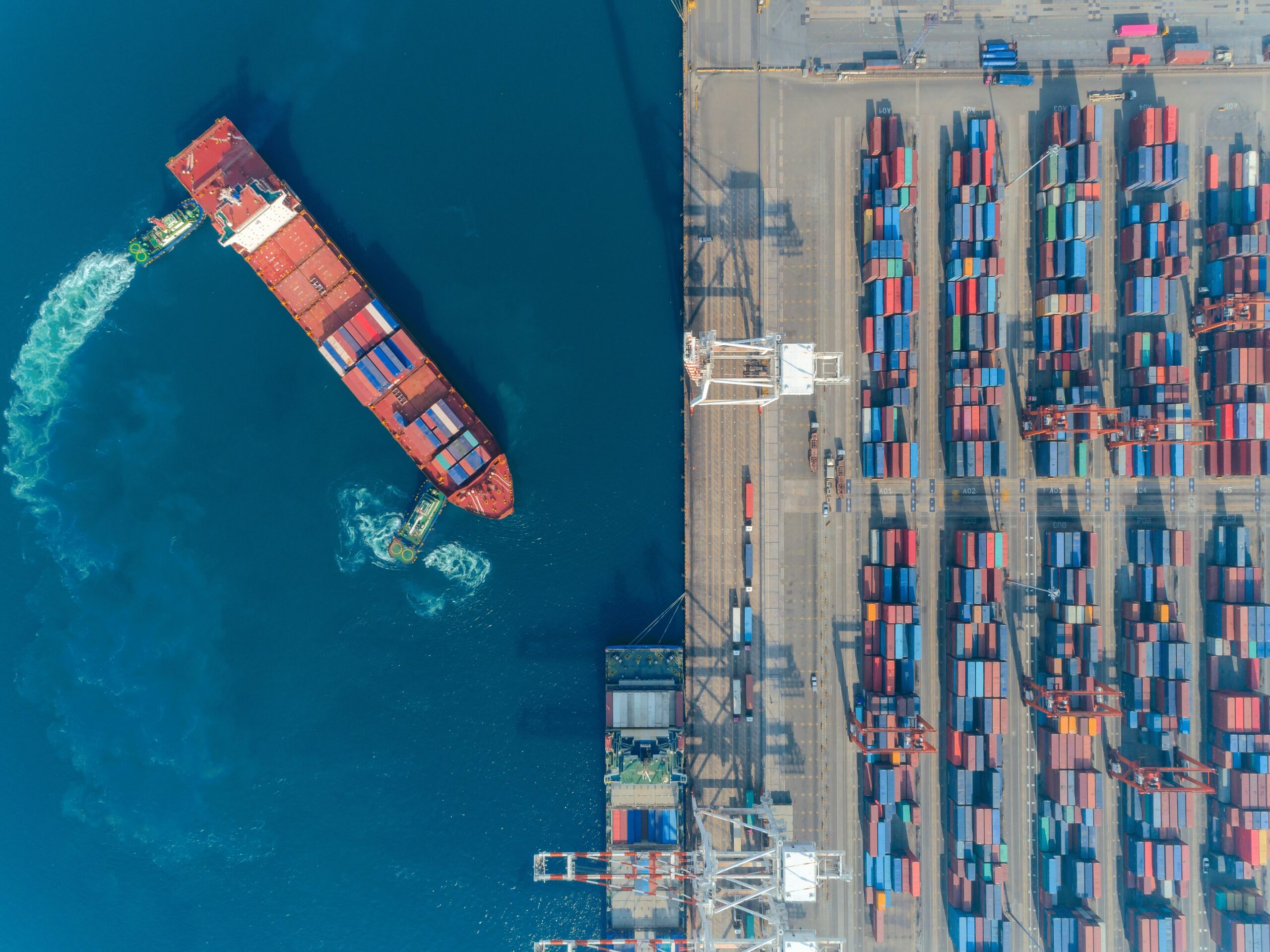Global Industry Leaders Join Forces to Accelerate Adoption of Zero-Emission Fuels in Maritime Sector
Key Ideas
- Over 50 industry leaders commit to increasing uptake of zero-emission shipping fuels to at least 5% by 2030, with a target of 10%.
- The Call to Action at COP 29 aims to drive investments in decarbonization through scalable zero-emission fuel pathways, emphasizing the importance of green hydrogen infrastructure.
- Key recommendations include the need for clear regulatory frameworks, balanced revenue distribution, and advancing practical use of scalable zero-emission fuels to meet ambitious targets.
- Global production of green hydrogen needs to double by 2030 to achieve the uptake of at least 5 million tonnes of green hydrogen in the shipping sector, promoting a just and equitable transition.
Industry leaders from various sectors of the shipping value chain have come together to sign a Call to Action at COP 29, focusing on accelerating the adoption of zero-emission fuels for the maritime sector. The initiative, led by RMI, the UN Climate Change High-Level Champions, the UCL Energy Institute, and the United Nations Foundation, aims to reach a minimum of 5% uptake of zero or near-zero GHG emission shipping fuels by 2030, with a stretch target of 10%. This commitment highlights a strong industry push towards decarbonization through scalable zero-emission fuel pathways and the development of green hydrogen infrastructure.
The joint statement emphasizes the importance of increasing the demand for low carbon hydrogen to drive investments in its production, particularly for sectors like shipping fuels. The industry leaders are urging for faster action to accelerate the uptake of hydrogen-derived fuels, investment in zero-emissions vessels, and the global development of green hydrogen infrastructure.
To align with the 1.5°C pathway, the industry needs to double global green hydrogen production by 2030 to achieve the uptake of 5 million tonnes of green hydrogen in the shipping sector. This requires coordinated efforts across the supply chain to expand the adoption of zero or near-zero emission shipping fuels like e-ammonia and e-methanol.
The Call to Action also highlights the opportunities for developing countries to benefit from the decarbonization of the shipping sector, creating skilled jobs and sustainable e-fuel supply chains. The commitment to green fuels in the maritime industry is seen as a significant step towards global climate mitigation efforts and a transition to renewable fuels. Collaboration among green hydrogen producers, shipping actors, and policymakers is deemed crucial to drive shipping's clean energy transition.
Topics
Projects
Sustainability
Job Creation
Green Energy
Climate Action
Decarbonization
Shipping Industry
Investment Opportunities
Global Regulations
Latest News
